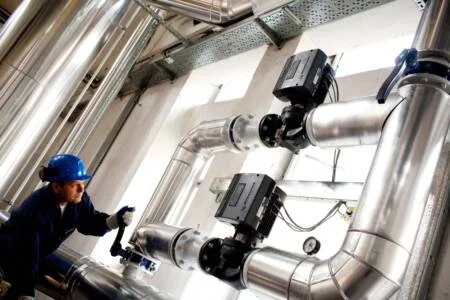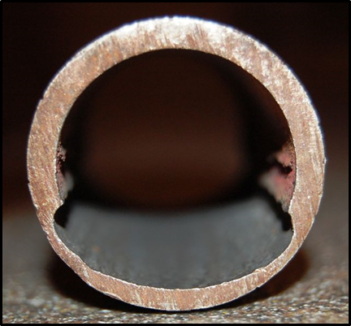First time a soft drink bottling plant will integrate a green cogeneration power facility to its complex.
Solutions Using Renewable Energy, Inc. (SURE), will install a state-of-the-art and environment-friendly power facility for Pepsi-Cola Products Philippines Inc. (Pepsi Philippines), in support of the soft drink maker’s program to assure a supply of cheap electricity and fight global warming.
Officials from SURE and Pepsi Philippines recently signed the agreement for SURE’s construction inside the bottling company’s complex in Rosario, La Union, of a 1.2-megawatt, rice husk- and wood chip-fired cogeneration power plant at a cost of $2.7-million.
Once completed in January 2011, the project will mark the first time that a soft drink bottling plant in the country will integrate a green cogeneration power facility to its complex.
SURE is a Philippine firm with the widest portfolio of local renewable energy projects. Its projects include the biggest integrated waste-to-energy project in Vietnam.
Pepsi Philippines, one of the biggest soft drink companies in the country, operates 11 production facilities spread around the country.
Lawyer Clarence de Guia, SURE spokesman, said that the cogeneration project for Pepsi Philippines earlier earned an award from the US Agency for International Development (USAID) as one of two clean energy investment opportunities in the country that show the most promising prospect.
SURE won the award at the end of the first USAID-Private Finance Advisory Network Clean Energy Investor Forum, where five other renewable energy firms were selected finalists in the business plan competition.
According to de Guia, Pepsi Philippines now taps two sources of electricity for its La Union bottling complex. The Luzon grid provides the bottling complex’s main supply of electricity, while a diesel-fired generator, which consumes 620,000 liters of bunker fuel a year, produces steam for cleaning soft drink bottles.
“The cogeneration power plant will replace both existing sources of electricity of Pepsi Philippines’ La Union production line, while cutting down by 20 percent the facility’s expenses for electricity and steam production,” De Guia explained.
Unlike a conventional power generator, which produces only electricity, a cogeneration plant allows the production of heat and electricity in one single process.
In traditional power stations, exhaust gases are uselessly discharged through the chimney. In contrast, the gases produced by a cogeneration plant are first cooled to release their energy into useful hot water or steam circuit. In a tri-generation plant, the process goes one step further by capturing the cooled gases for other uses.
“The use of rice husk and wood chip will translate to the avoidance of 2.7 million liters of fossil fuel equivalent per year,” de Guia added. “The avoided fossil fuel would have spewed into the atmosphere more than 3,000 tons per year of carbon emissions.”
The cogeneration project, therefore, is Pepsi Philippines’ support to the global campaign against greenhouse gas emissions and global warming. At the same time, the cogeneration plant will assure Pepsi Philippines of a stable supply of electricity.
De Guia also said that Pepsi Philippines will save on construction cost, because SURE will deliver the facility for free under a 10-year build-own-operate-supply-and transfer arrangement.
Under the arrangement, SURE shall operate the facility to generate electricity and steam, which shall be used and paid for by Pepsi Philippines on a guaranteed take-or-pay basis during the 10-year cooperation period.
SURE will sell the electricity and steam at prices that are at least 20 percent cheaper than the indexed prices of electricity and steam.
During the 10-year cooperation period SURE shall retain title to all fixtures, fittings, plant and equipment that it will construct, fabricate, install and paid for. At the end of the cooperation period, SURE shall transfer to Pepsi Philippines all its ownership rights, title and interest in and to the fixtures, fittings, plant and equipment and to all improvements comprising the facility.
The transferred assets shall be free from any lien or encumbrance, and their transfer shall be done without requiring Pepsi Philippines to pay any additional compensation for SURE.









